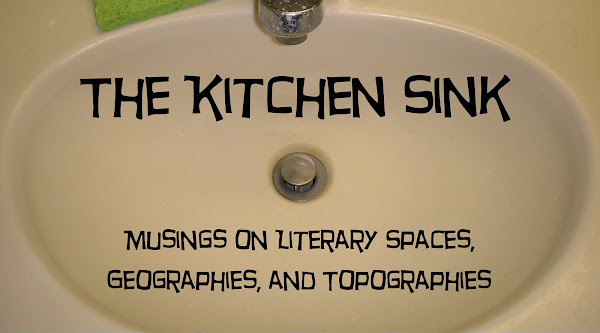
As we reach the meat of Morrison's Paradise I can't help but compare its style and content to several works by Stephen King. It's probably something I should have brought up in class while we were on the Fight Club tangent, but King's short stories "Jerusalem's Lot" and "Children of the Corn" both express the same small town anger I feel in Ruby.
The first aspect of this anger that comes to mind is isolation. The citizens of Ruby escaped the mainstream in order to build a strong, supportive community for themselves. However, once isolated, this goal became the town's curse. Isolation from the world has distorted the people's perspectives, making what was once normal in everyday life an abomination in this cloistered realm. One such instance of this in King's stories about small towns comes in "Children of the Corn," in which a couple find themselves stranded in a Midwest town surrounded by children who worship a monster in the cornfields. Isolation plays a role in that the children have been away from society for so long that killing one of their own in the middle of the street becomes normal behavior. The couple, who hail from somewhere in typical America, are aghast at the murder they witness, which goes to show the discrepancy between norms in each location. A similar event occurs in "Jerusalem's Lot," an epistolary story during which a man battles the demons who inhabit his house and woods. The citizens of the town do not consider it odd that demons run wild in the woods, while the man enters a crazed panic because of their presence. Again, the discrepancy between mainstream and small town views causes the latter to be portrayed in anger.
.jpg)
No comments:
Post a Comment